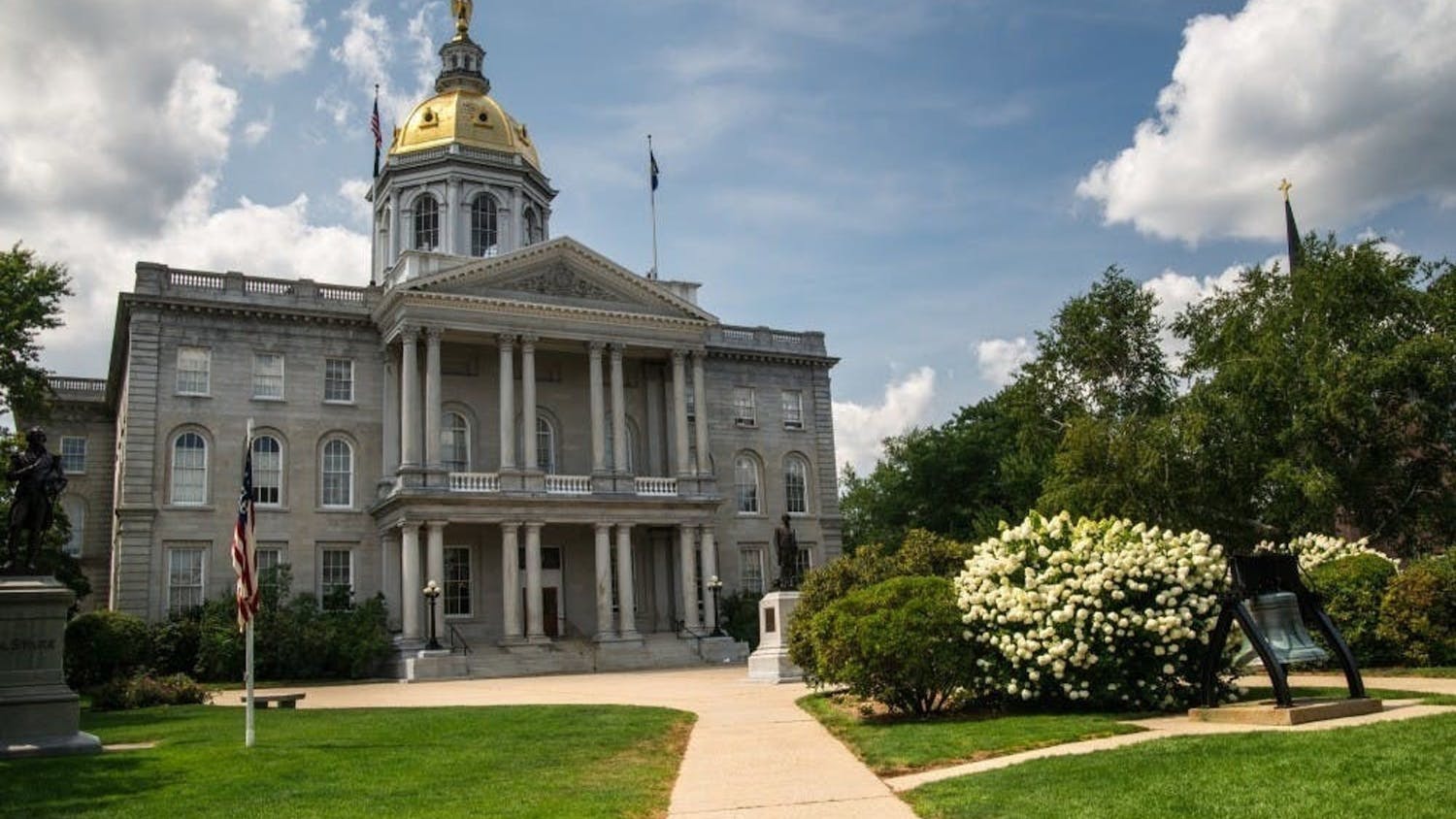It perhaps goes without saying that many Dartmouth students are very politically active. Anyone who was on campus this past fall probably remembers the excitement and tension that increased as Election Day grew closer and closer. Many voted in New Hampshire, while others voted in their home states. For some of us — myself included — it was the first election in which we were finally old enough to vote.
On a campus as politically charged as Dartmouth, one might momentarily forget that grassroots movements exist beyond campus. I interviewed leaders of the Hanover Town Democrats and the Upper Valley Young Liberals to learn more about their work.
Deb Nelson, the president of the Hanover Town Democrats and a teacher at Lebanon High School, has been involved with the organization for close to 30 years. She reflected on how much the Democratic movement in Hanover has grown since she began.
“I think that one of the biggest differences is that, when I first got started, a lot of the work was really up to the town committee,” Nelson said. “That’s just expanded so much in this age of so much money in the political scene.”
The work of the Town Democrats varies depending on the time. The organization’s efforts are most active near election years: Some of the specific jobs that members do include posting advertisements in newspapers, canvassing, organizing food for volunteers, managing phone banks and offering their homes as workplaces for other volunteers. They also take advantage of Hanover’s large Democratic population to help other New Hampshire cities.
“One thing Hanover does is raise money that we share with Democrats in other towns that may not have as many Democrats,” Nelson said.
Nelson recognized the important role that Dartmouth plays in the culture of the town, and she spoke positively of her collaboration with the Dartmouth College Democrats. In fact, just before our interview, she met with the current and future presidents of the group. She recalled once instance one specific instance in which Dartmouth’s help was crucial.
“A couple years ago, when Hillary Clinton came to Hanover in July, the event was supposed to be held in someone’s home,” Nelson said. “It quickly became apparent, within a couple of days, that the number of people who wanted to participate were way more than could be accommodated. Some people in our town committee were working with Dartmouth, and we ended up moving the event to the BEMA.”
She acknowledged that the Dartmouth community’s votes are very important, especially for a state whose elections can be neck and neck. When asked about Senate Bill 3, which would alter the definition of domicile in the context of voting and consequently restrict college students from voting in New Hampshire, she said that she hopes that student Democrats and Republicans alike make their opinions heard.
“Any kind of academic community has people moving in, and then after a few years, they move out,” Nelson said. “Since when has that been anything new?”
The Mirror also spoke with Ashley Andreas and Devin Wilkie, the chair and vice chair, respectively, of the Upper Valley Young Liberals. Some of the work Andreas does includes guiding the group toward their goals while connecting the group to other political organizations across the Upper Valley area. Wilkie manages much of the group’s organization, announcing meetings and serving as a liaison between the group’s executive committee and other individual committees.
One challenge that the Young Liberals face is the difficulty of finding meeting times that work for members, many of whom are in school and working inconsistent hours. Wilkie emphasized the group’s recent efforts to increase its online presence: In addition to a Facebook group with over 350 members, it also has its own website.
The group’s demographic is, as the name suggests, primarily on the younger side — Andreas noted that leadership positions are reserved for members under the age of 35. However, they have not allowed their ages to restrict their work. On the contrary, the group already has an impressive record, with many of its members successfully holding a variety of positions such as Justice of the Peace and delegates to the State Convention.
Of course, the group does not limit itself to only young people. Rather, the group works very closely with a variety of organizations in the area.
“I would say we’re very closely intertwined with the other groups in the area,” Wilkie said.
Some of the people who attend meetings are older members passionate about young people’s involvement in politics.
“We have people who will somewhat regularly attend our meetings who are not in that age restriction,” Andreas said. “People of all ages attend meetings and help with events.”
Andreas and Wilkie admitted that the most recent presidential election discouraged some members, but many of their members have since become even more active to contribute to the causes they support. A relatively recent shift in focus from national to local politics has also occurred. For those who reside in Vermont, local politics offers the venue to be a part of an even more liberal movement than the Democratic Party.
“Vermont has a progressive party, and in Vermont it’s a lot easier to step out of the Democratic Party,” Andreas said. “New Hampshire doesn’t have that, so the furthest left they have is Democratic.”
Both the Hanover Town Democrats and the Upper Valley Young Liberals encourage all to become politically informed and involved. Dartmouth is a part of both Hanover and the Upper Valley — such a statement may seem obvious, but it is a useful reminder that, however students become involved, they impact those far beyond the technical boundaries of campus.
“I certainly hope that students don’t give up,” Nelson said. “I think this country is worth fighting for, and I think that political involvement is one of the most noble volunteer and work efforts that people can be involved in.”



